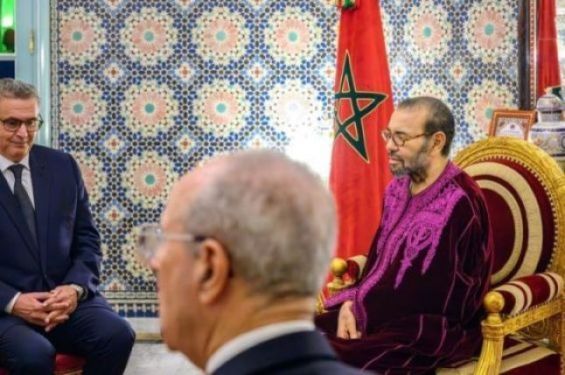Political parties have reacted to the amendments proposed to reform the family code. These proposals were announced at a communication meeting held by government officials on Tuesday.
On Monday, King Mohammed VI presided over a working session dedicated to the revision of the family code, following the submission of a report by the commission tasked with revising it.
The Istiqlal Party expressed its pride in the pioneering royal initiative to revise the family code and praised «the broad consultative process and the participatory approach that His Majesty called for in the revision of the family code».
The party affirmed its support for «these legislative reforms, which will be drafted by the government and submitted to parliament for discussion and ratification». It also noted «the positive interaction with the proposals outlined in the Istiqlal Party's memorandum submitted in this regard».
The party emphasized its commitment to the references and pillars highlighted by the King when launching the legislative process of this strategic societal project. It also pledged to accompany it with judicial, administrative, and procedural measures to ensure its success and proper implementation.
For its part, the Justice and Development Party (PJD) expressed satisfaction in a statement, noting that «the proposals submitted for the revision of the Family Code enshrine respect for religious, constitutional, and national references and constants», particularly «in matters framed by definitive Quranic texts».
The party called on the government to «exercise honesty, wisdom, and accuracy in crystallizing these proposals and drafting them into a bill». It affirmed its duty to contribute to the proposal and to ensure the production of a text that «recalls that the Family Code is not a code for men, nor is it a code for women; it is a code for the whole family». The party emphasized that «the code is based on balance, as it gives women their rights, gives men their rights, and takes into account the interests of children».
The opposition party further added that the text should «take into account the alarming data from the general population and housing census, particularly regarding the continued decline in the fertility rate and the slowing population growth rate, which necessitate facilitating marriage and ensuring family unity, stability, and permanence».
The Party of Progress and Socialism (PPS) «highly praised the many positive amendments that resulted from this process, which intersect with the proposals contained in our party's memorandum», particularly regarding «the adoption of the marriage contract alone in proving marriage; setting the capacity to marry at 18 years as a rule and 17 years as an exception with stricter conditions; and establishing additional restrictions on polygamy, especially through the compulsory consent of the wife».
The Constitutional Union Party expressed its support for «making custody a joint right of both spouses while strengthening the right to housing; ensuring that a divorced mother does not lose custody of her children despite her remarriage; making joint legal representation between spouses the rule; and valuing the wife’s work at home».
The party also expressed «full support for this reform initiative led by His Majesty the King» and commended «the wisdom that characterized the royal decisions, especially with regard to the necessary arbitrations in cases that require religious review, in accordance with the rules established for the work of the commission tasked with reviewing the Family Code, foremost of which is not prohibiting what is halal or permitting what is haram».
It further noted «with satisfaction the positive response to the proposals outlined in its memorandum, which appeared in the final outputs of this significant reform workshop».





 chargement...
chargement...













